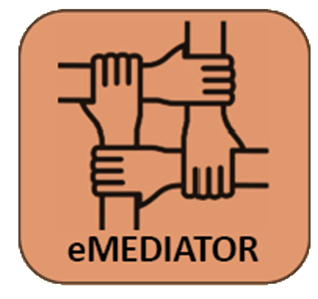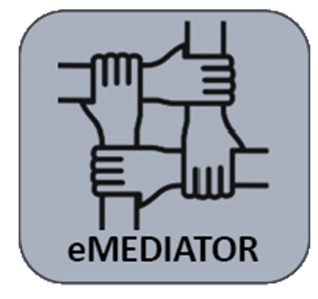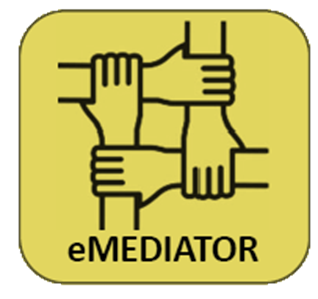The attributes of a competence model are introduced in this course, along with explanations of what they mean and examples to support them. Participants develop understanding of the model's importance and its applications in practical situations. Additionally, attendees will be asked to complete surveys to express their views on the model's applicability and efficacy.
- Teacher: Alberto García






